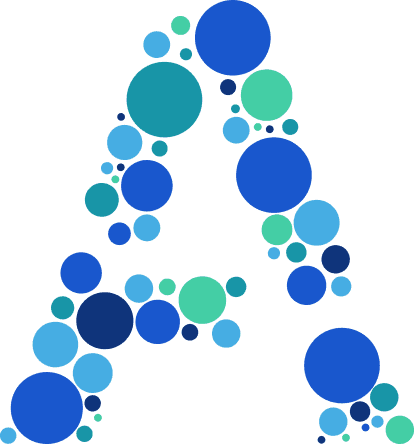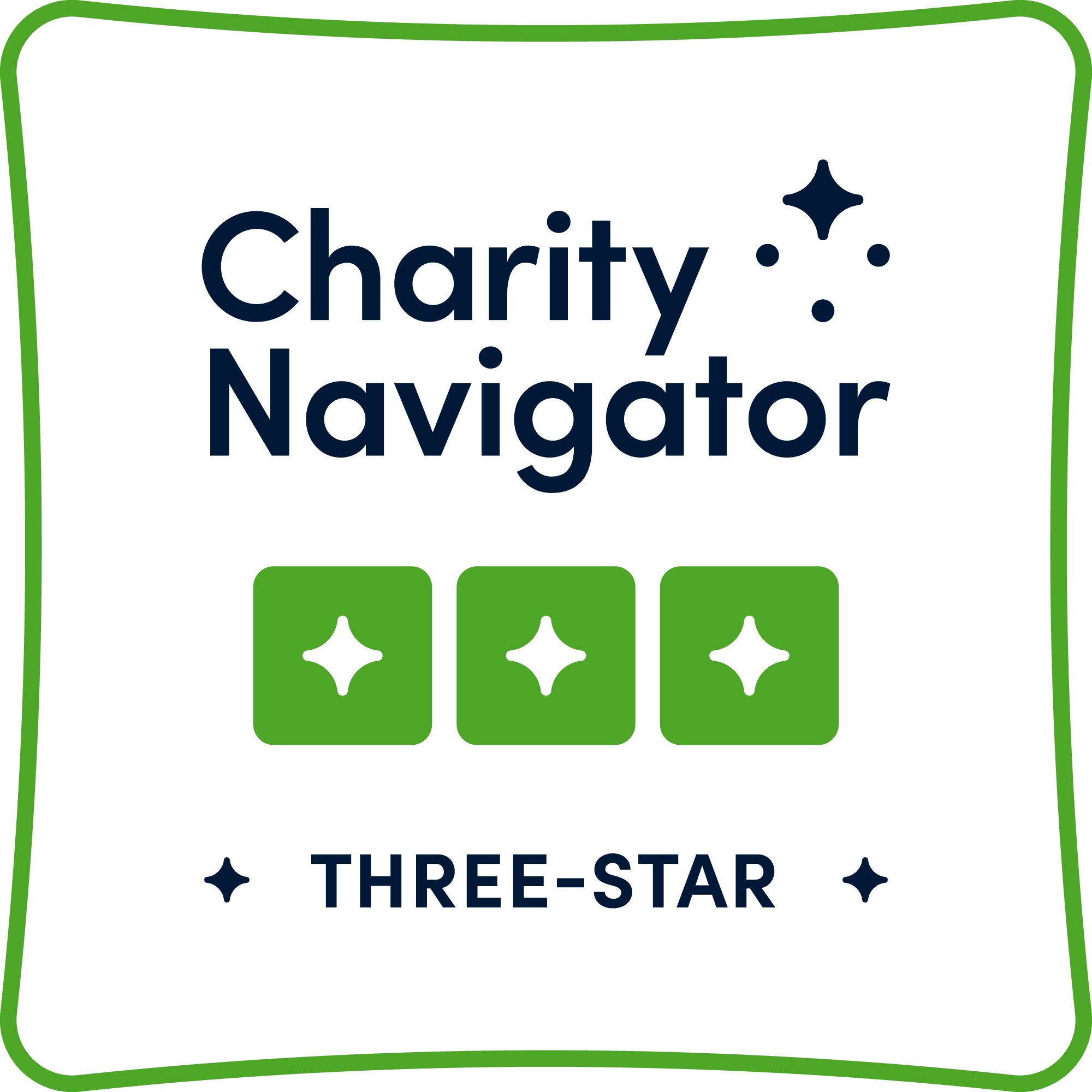State Partnership: Texas
Sep 22, 2024
Our Origins
Allies Against Slavery was founded in Texas, growing out of a grassroots movement that began in 2010 with a vision to end human trafficking in Austin. Allies partnered with the University of Texas and the Office of the Texas Governor in 2016 to publish Human Trafficking By the Numbers: the Initial Benchmark of Prevalence & Economic Impact For Texas, which estimated that 313,000 people in Texas were victims of human trafficking, including 79,000 youth victims of sex trafficking. The study suggested that only a small fraction of victims are identified and connected to services.
As a leader in the Central Texas Coalition Against Human Trafficking, a network tor field professionals serving victims and survivors, Allies aspired to enhance collaboration and surface more insights from service providers and survivors. Allies’ early work centered on identifying victims, recognizing the anti-trafficking movement couldn't solve a problem it couldn't see. Lighthouse was first developed as an online screening tool to address this issue.
The Need for Data
Informed by field practitioners and survivors, Allies understood that screening was a critical step, but was not sufficient to understand the broader context and narrative around human trafficking. With a grant from the Office of the Texas Governor's Child Sex Trafficking Team in 2019, Allies set out to expand Lighthouse as a statewide data platform, combining existing and new data sources to create a multi-dimensional picture of trafficking across Texas.
“The state of Texas will not tolerate human trafficking,” Texas Governor Abbott said.
“We will use all of the tools available, including cutting edge data and technology, to stop human traffickers and identify ways to better serve victims. Working together, we will reach our goal of eradicating human trafficking from Texas.”
At that time, the landscape of information about human trafficking was fragmented. Allies architected Lighthouse to collect and compare data from local, regional, and national sources, providing clearer insight about what trafficking looks like in Texas. With the launch of the statewide data initiative in 2020, stakeholders began to use the analytical capabilities of Lighthouse to discover previously unseen connections in the data.
Forging New Partnerships
Lighthouse started with data from screenings, service providers and care coordinators, and its use as a screening platform significantly increased victim identification across Texas. The early data provided a richly integrated view of survivor experiences and vulnerabilities, but the narrative was incomplete. Allies formed data-sharing partnerships with Polaris for data from the National Human Trafficking Hotline, The Network for data about illicit massage businesses, and Traffik Analysis Hub for news and media stories related to human trafficking. Allies collaborated with Dr. Vanessa Bouche for federal prosecution trends, and modeled law enforcement data from statewide sources including arrests, prosecutions, and inmate profiles. Allies piloted data visualizations related to buyer demand and community risk to round out the narrative, and subsequently established a partnership with the University of Alabama to improve the analysis of online ad data. These vital partnerships continue today as Allies works with multiple states and serves the national anti-trafficking movement.
As Lighthouse expanded, Allies developed deeper relationships with local and statewide organizations serving vulnerable populations across Texas. From drop-in centers and shelters to residential treatment programs, from child advocacy centers to school districts, Allies has built a strong network of field partners and advocates who not only use Lighthouse to support their own initiatives, but also share insights and learn from one another. Allies has provided data and testimony to help inform human trafficking policies during the Texas legislative sessions, and to support biannual reporting requirements.
Strengthening Collaboration with Law Enforcement
The scope and impact of human trafficking in Texas has been difficult to accurately gauge due to the lack of data collection and analysis, with particular challenges in law enforcement and criminal justice systems. Human trafficking may be prosecuted under many different sections of the penal code, and reporting requirements have been fragmented and duplicative. The lack of accurate data hinders the formulation of evidence-based practices in the recovery of survivors and the prosecution of traffickers. The Texas legislature passed House Bill 3800 during the 86th legislative session in 2019, directing the Office of the Attorney General (OAG), in conjunction with the Texas Department of Public Safety, to collect data related to human trafficking arrests and prosecutions. During the 88th legislative session in 2023, Senate Bill 1527 modified this requirement to allow the OAG to enter into an agreement with an organization to assist in the data collection and analysis of information reported to the OAG. In 2024, Allies established an agreement with the OAG to collect, analyze and visualize data on human trafficking offenses. This data is being integrated in Lighthouse, adding another key dimension to the narrative.
Texas Leadership
Texas has demonstrated leadership in the anti-trafficking movement for over two decades. It was among the first states to pass human trafficking policies, starting with buyers and restitution, and has maintained exemplary leadership by implementing a broad range of policies in seventeen different categories (as of 2023, based on Allies’ analysis of state policy data). Texas led a movement for standardized screening at scale, resulting in over 170,000 screenings as of September 2024, and established multi-disciplinary practices for care coordination across the state. Other states have built on these practices by adopting aspects of the Texas model. Texas recognizes the importance of using data to inform programs, strengthen policies, and target investments and resources. Lighthouse solutions and insights are powering this comprehensive change.



